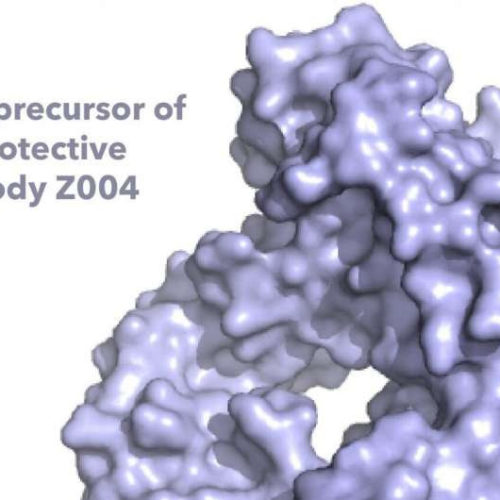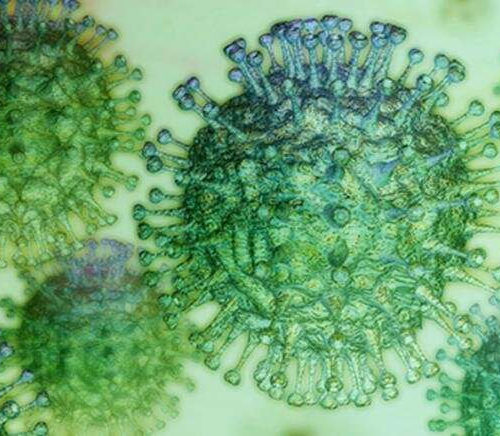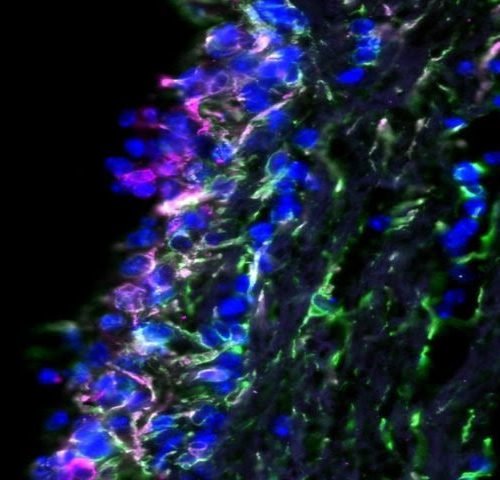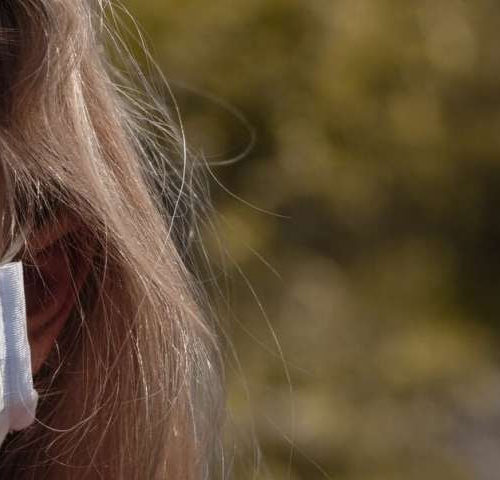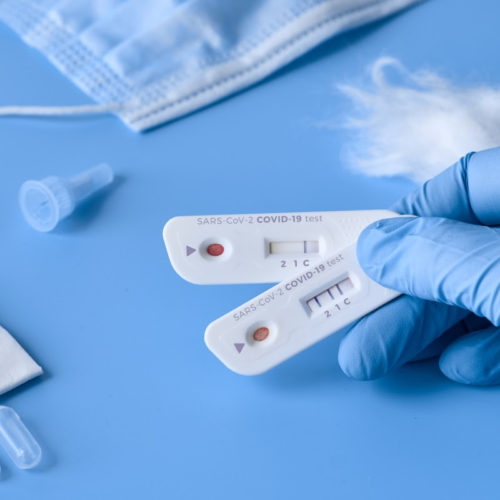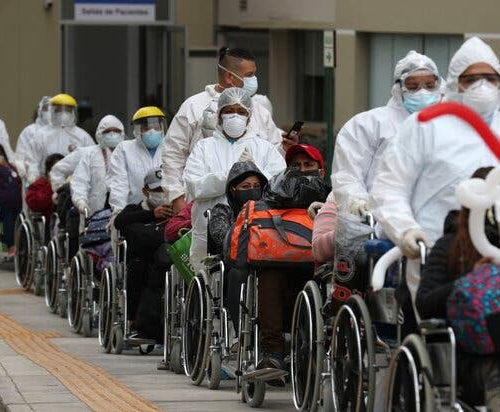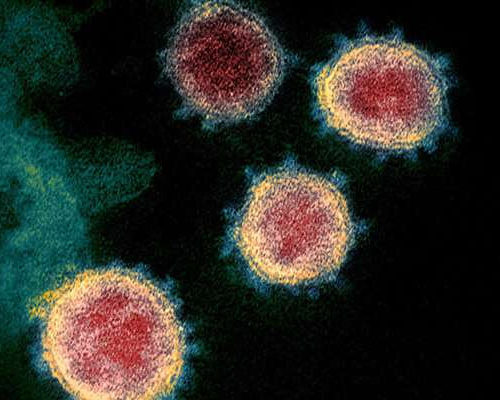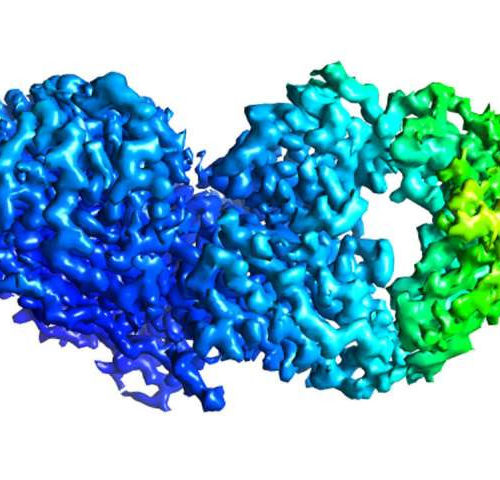Researchers have uncovered how antibodies that are specialised to different immune ‘disposal systems’ become the dominant form in the bloodstream, a process that is critical to our immune system’s ability to destroy pathogens and a key objective for the development of effective vaccines. Findings led by the Garvan Institute of Medical Research have revealed this new...
Tag: <span>antibodies</span>
SARS-COV-2 ANTIBODIES LAST DAYS FOR SOME, DECADES FOR OTHERS
Antibodies against SARS-CoV-2 wane at different rates, lasting for days in some people, while remaining in others for decades, researchers have found. The new study shows that the severity of the infection could be a deciding factor in having longer-lasting antibodies. People with low levels of neutralizing antibodies may still be protected from COVID-19 if...
Scientists reveal details of antibodies that work against Zika virus
by Biophysical Society A structure of an antibody, called Z004 (shown in purple), bound to the envelope domain III protein of Zika virus (shown in gold). Credit: Shannon Esswein. The Zika outbreak of 2015 and 2016 is having lasting impacts on children whose mothers became infected with the virus while they were pregnant. Though the numbers...
Antibodies to SARS-CoV-2 are detected up to 3 months after infection
by Barcelona Institute for Global Health Coronavirus. Credit: European Centers for Disease Control A new study in health care workers led by the Barcelona Institute for Global Health (ISGlobal) shows that IgA and IgM antibodies to SARS-CoV-2 decay quickly, while IgG antibody levels are maintained for at least three months after infection. The longer follow-up of...
Altered ‘coat’ disguises fatal brain virus from neutralizing antibodies
Posted Today A genetic modification in the ‘coat’ of a brain infection-causing virus may allow it to escape antibodies, according to Penn State College of Medicine researchers. They say testing people for this and other viral mutations may help identify patients at risk for developing a fatal brain disease. Dr. Aron Lukacher, professor and chair of the Department...
Children produce different antibodies in response to SARS-CoV-2
by Columbia University Irving Medical Center Children and adults produce different types and amounts of antibodies in response to infection with the new coronavirus, SARS-CoV-2, a new study from researchers at Columbia University Vagelos College of Physicians and Surgeons has found. The differences in antibodies suggest the course of the infection and immune response is distinct in children and most...
Massive UK study finds coronavirus antibodies wane over several months
By Rich Haridy, October 27, 2020 Researchers tested hundreds of thousands of people for SARS-CoV-2 antibodies across a three-month period UK researchers are suggesting levels of antibodies produced by the immune system in response to SARS-CoV-2 may significantly drop in the months following an initial infection. Testing hundreds of thousands of subjects over three months, a study...
Some Covid Survivors Have Antibodies That Attack the Body, not Virus
By Apoorva Mandavilli New research found ‘autoantibodies’ similar to those in lupus and rheumatoid arthritis patients. But patients may also benefit from treatments for those autoimmune diseases. Covid-19 patients were discharged from a temporary hospital in Lima, Peru, last month. The study may help explain why so-called “long-haulers” continue to experience symptoms long after the virus has left...
COVID-19: Not all antibodies are equal in fighting the virus
by University of Montreal A colorized scanning electron micrograph of the SARS-CoV-2 virus. When a person is infected by SARS-CoV-2, the number of antibodies able to neutralize the virus rapidly increases. Once the person recovers, their level decreases. In a study last month, researchers led by Université de Montréal professor Andrés Finzi, holder of a Canada Research Chair in Retroviral...
Antibodies protect against wide range of influenza B virus strains
by Washington University School of Medicine The molecular structure of an antibody bound to a protein from influenza B virus is shown above. Researchers at Washington University School of Medicine in St. Louis and Icahn School of Medicine at Mount Sinai have identified two antibodies that protect mice against lethal infections of influenza B virus. Credit: Yanan Dai...


